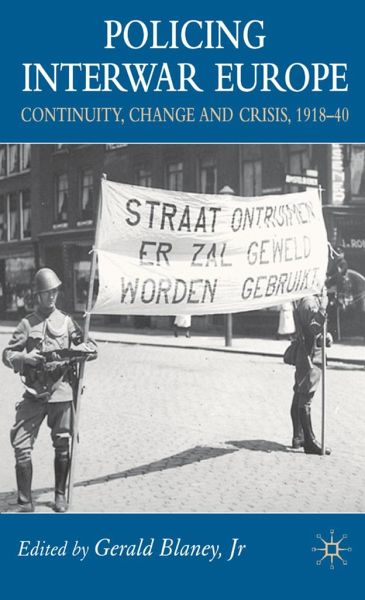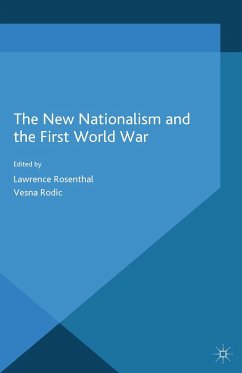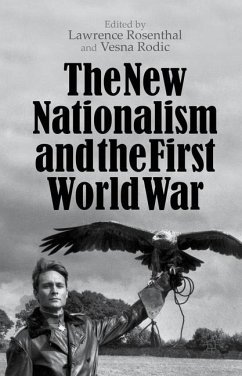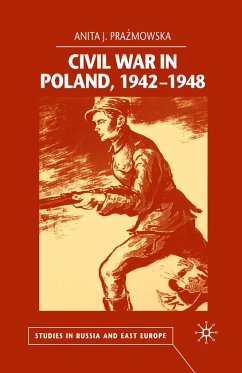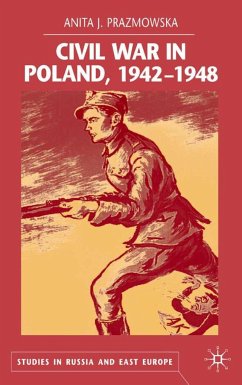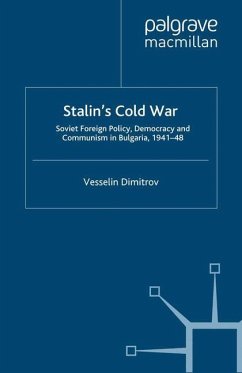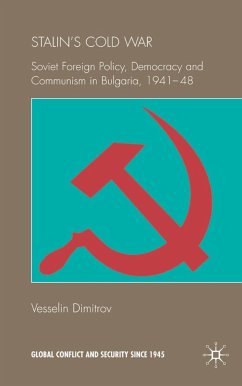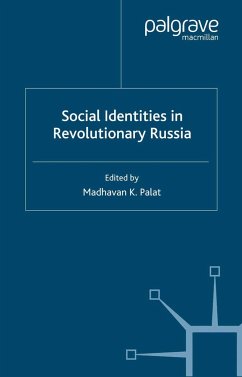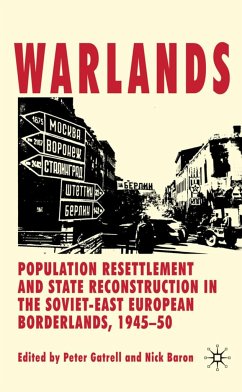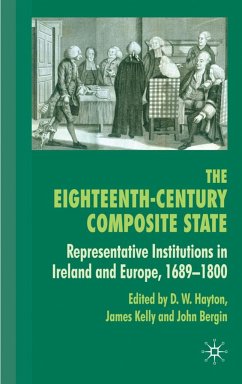JEAN-MARC BERLIERE Professor of Contemporary History, University of Bourgogne, France GERALD BLANEY JR. Researcher in Contemporary Spanish History in the Cañada Blanch Centre for Contemporary Spanish Studies at the London School of Economics and Political Science, UK DIMCHO DIMOV PhD candidate, Bulgarian Academy of Sciences, Bulgaria JONATHAN DUNNAGE Senior Lecturer in Italian, University of Wales, Swansea, UK SARA F. HALL Assistant Professor in the Department of Germanic Studies, University of Illinois, Chicago, USA JOANNE KLEIN Associate Professor of History, Boise State University, Idaho, USA STEWART LLOYD-JONES Director of the Contemporary Portuguese Politics and History Research Centre (CPHRC), University of Glasgow/ICS-University of Lisbon ANDRZEJ MISIUK Associate Professor and Head of the Department of Law and Administration, University of Warmia and Mazury, Olsztyn, Poland DIEGO PALACIOS CEREZALES Visiting Researcher in the Social Sciences Institute, University of Lisbon SAMUEL RONSIN PhD graduate, École des Hautes Études en Sciences Sociales, France JOS SMEETS Faculty of Law, University of Tilburg, The Netherlands
